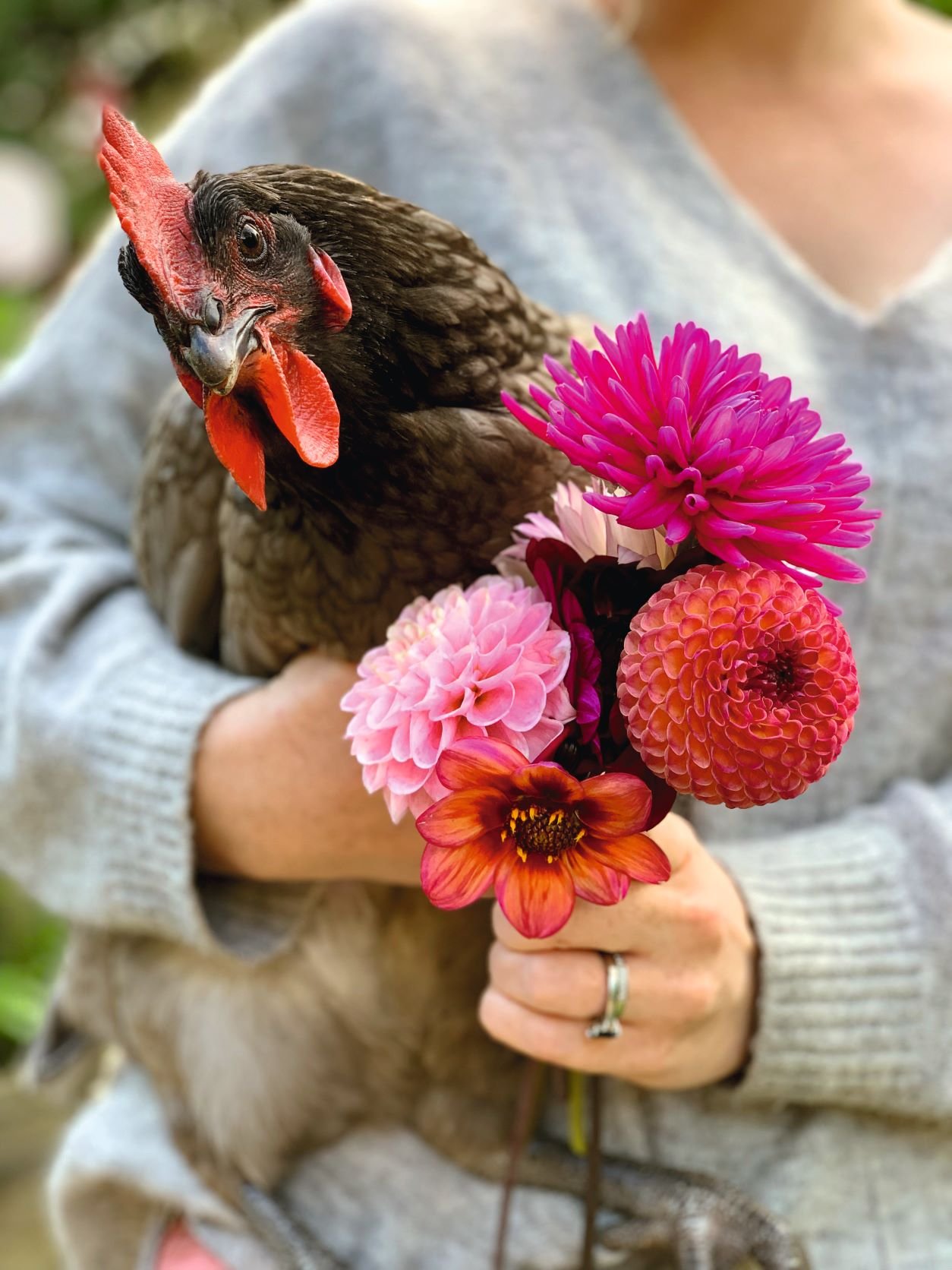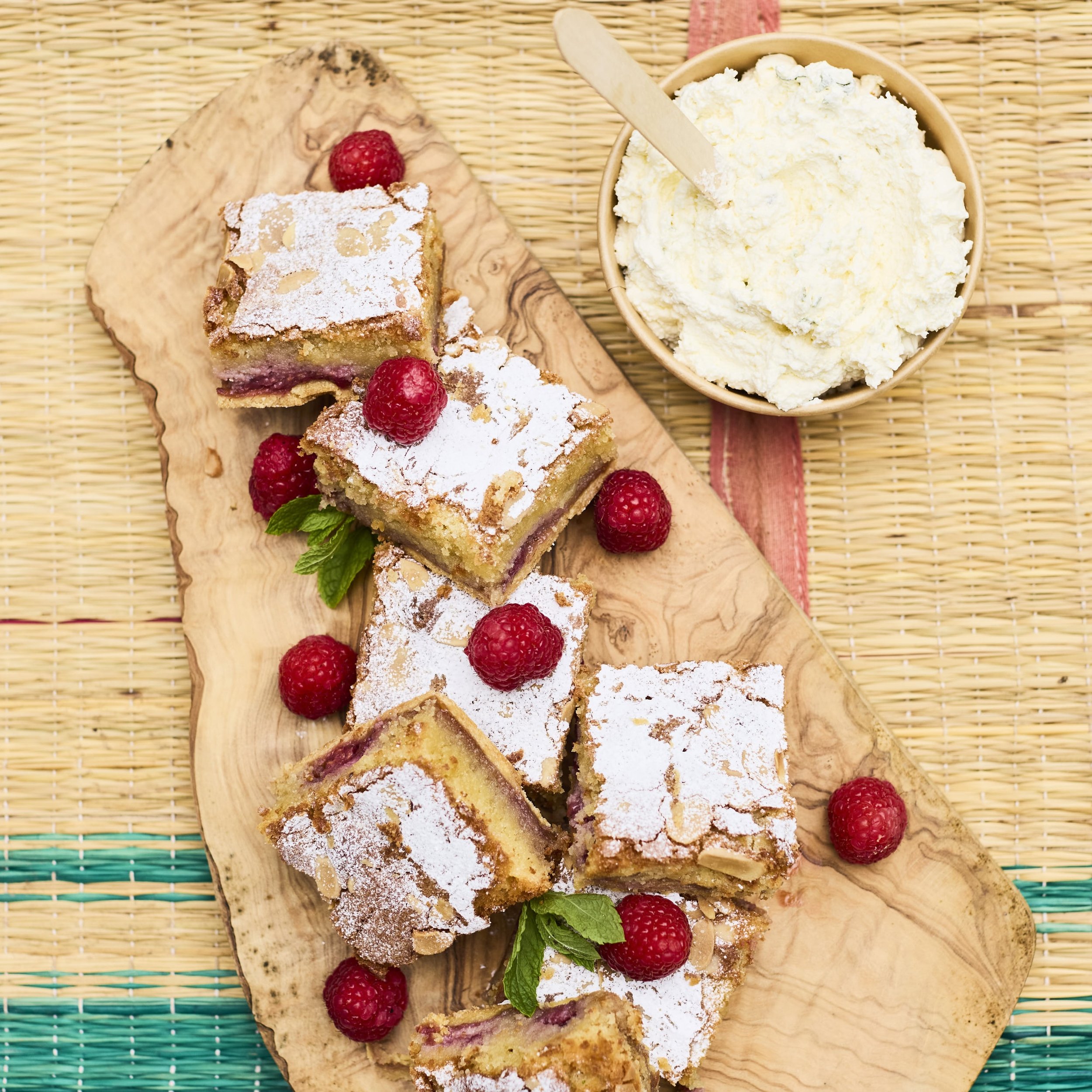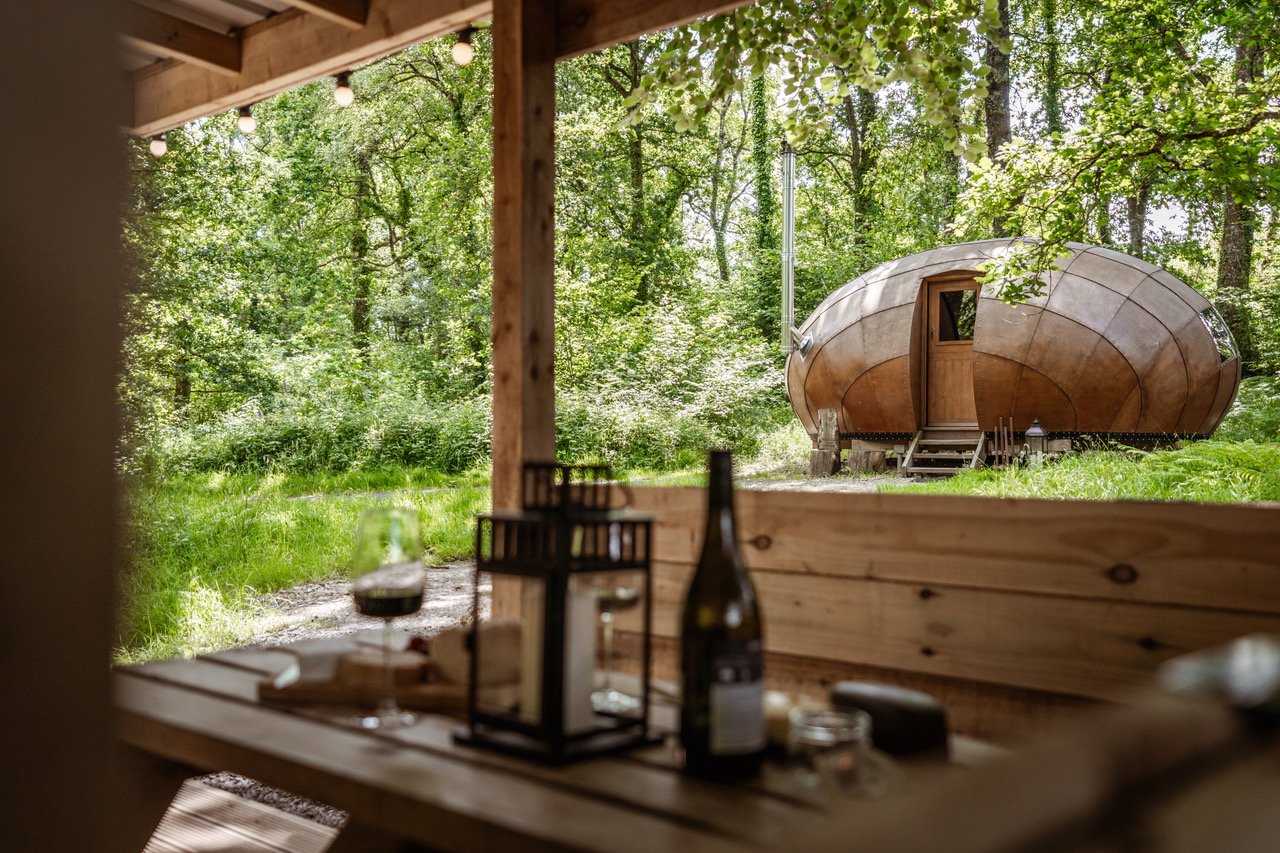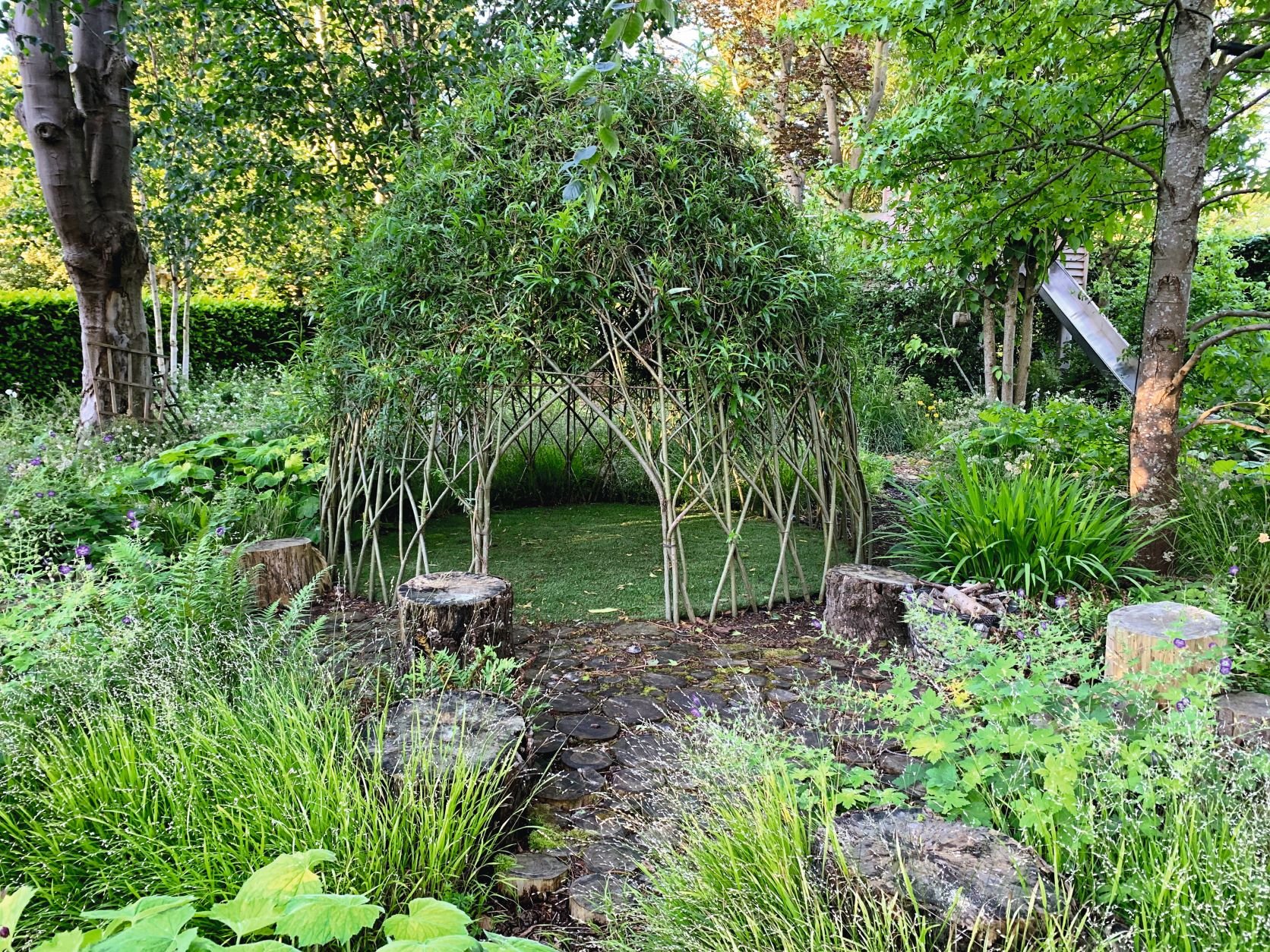Somehow, hens just make a garden. While they require work, the rewards are immense. And we don’t just mean the eggs. Here’s a bit about how to get started from hen guru Rachel Barclay along with some advice on planting for a hen-friendly garden
Part-time teacher and full-time hen expert, Rachel Barclay, appears in our May issue, where you can see pictures of her beautiful garden in a village in Surrey. She has lots of advice for anyone considering investing in hens and has written a beginner’s guide on her blog: thegoodlifeainteasy.com. Here, she shares a few beginner tips.
“Like any pets, chickens are a commitment,” she says. “Sometimes they require just a few minutes of your day, but I’d recommend doing your research so you know what you’re getting into. Speak to other keepers – there are lots of helpful online forums – and see if you can visit someone to see their set up.”
“While I love their company, the hens can eat my seedlings and destroy a flowerbed in record speed. We put in a fence with a gate so when they came into the garden, it’s on our terms, not theirs. We generally let them into the garden when the borders are established, and use netting to divide up areas of the lawn for them throughout the summer. I use protective frames on delicate plants. In the garden we grow greenhouse crops, such as tomatoes and cucumbers, and chard and kale in the flower borders – but veg are particularly delicious to hens, so most are grown at our allotment.”
Planting for hens
“Hens are foragers. Although some plants are toxic, in my experience, most chickens know not to eat them!”
Hen-friendly:
Lavender – an insect repellent with calming properties
Nasturtium – great for chicken health with antiseptic properties
Rosemary – smells lovely when your chickens dust bath nearby
Sage – a good herb for general health and isn’t eaten too quickly
Oregano – being studied as a natural antibiotic for poultry (a superfood in the chicken world!)
Fennel – attracts insects for hens to eat
Sunflowers – dried seed heads make great boredom busters
Thyme – good for chickens’ respiratory health
To avoid:
Bulbs – tulips and daffodils
Foxgloves – all parts are toxic
Green parts of the nightshade family – be careful growing potatoes around hens
Rhubarb leaves – oxalic acid can cause liver damage
Beans – raw beans are toxic, but cooked are fine l Azaleas and rhododendron – can cause digestive problems
Apricots – fruit and plant can cause respiratory problems and low blood pressure
Read more from Rachel in our Cluck and Collect feature in our May issue, in shops now. You can read more from Rachel by following her on Instagram @thegoodlifeainteasy.
Buy this month's The Simple Things - buy, download or subscribe






